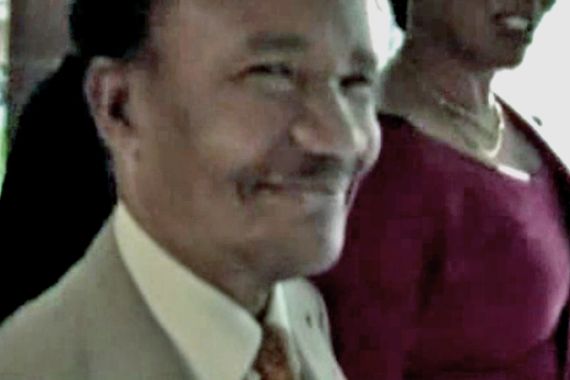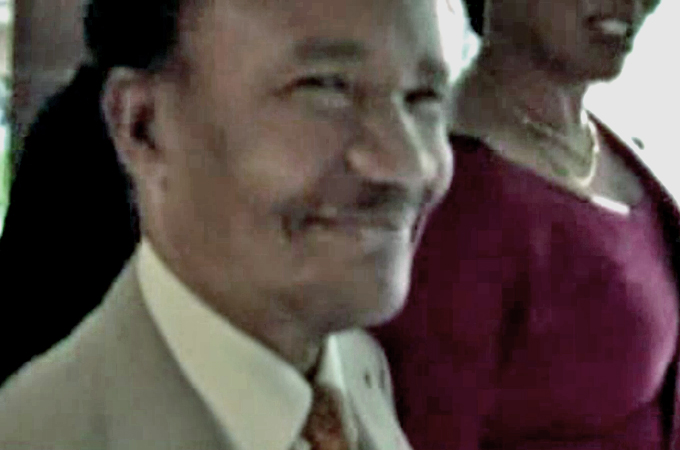Zambia’s former president Chiluba dies
Final years spent in political obscurity after a chequered career that ended with a lengthy corruption trial.

 |
| Chiluba fell from grace after having attracted the adulation of his countrymen in the early 1990s |
Frederick Chiluba, who was president of Zambia from 1991 to 2001, has died at his home.
He had been suffering from heart and kidney problems and Emmanuel Mwamba, Chiluba’s spokesperson, said he had earlier complained of stomach pains.
“He died five minutes after midnight at his home,” Mwamba told the AFP news agency on Saturday.
When Chiluba took over the country as president in 1991, ending the 27-year rule of Zambia’s founding president, Kenneth Kaunda, he was hailed for saving the country from one-party rule.
Chiluba became president of the Movement for Multi-Party Democracy, a coalition of unions, civic and church groups as well as former Kaunda loyalists who had grown disillusioned with his autocratic style.
Initially welcomed by the West who had struggled to get on with the leftist Kaunda, Chiluba won praise for his emphasis on democracy, human rights and governmental transparency.
But his image was tainted by a lengthy corruption trial, stemming from abuse of authority and theft of public funds amounting to $500,000 while in office.
Acquitted of charges
After unsuccessfully trying to stay in power beyond his scheduled 10-year term, and as evidence of his personal excesses mounted, Chiluba was convicted by a court in London of pocketing $46 million of state funds.
He was later acquitted of the charges in 2008.
Chiluba was a virtual prisoner in his final years, confined to his residence after authorities confiscated his passport to prevent him from evading justice.
His final reputation marked a dramatic fall from grace for a man who attracted the adulation of tens of thousands of supporters when he took on Kaunda who had ruled largely unopposed since independence in 1964.
This diminutive leader – he was just 1.5 metres tall – oversaw the sale of more than 250 state companies to private firms.
But while the sell-offs were originally seen as part of a programme of reforms, much of the sale price went unaccounted for while hundreds of thousands were left out of work.
Chiluba soon also garnered a reputation for the kind of authoritarian tendencies which had been derided in Kaunda: sacking colleagues, jailing outspoken journalists, bullyng off opponents and rounding up rivals.
“I am a political engineer,” he would declare after ousting opponents. In 1997, he survived a military coup and then used the incident to detain several of his opponents, including Kaunda.
Vigorous resistance
After serving the constitutionally allowed two terms in office, Chiluba attempted to amend the constitution to run for a third term but he met vigorous resistance, with tens of thousands protesting in the streets.
Sensing a humiliating defeat, he drew up a hasty exit strategy which saw him hurriedly pluck a successor, Levy Mwanawasa, from political obscurity.
Mwanawasa, a former mild-mannered vice-president who had returned to a career as an attorney, turned against his mentor and persuaded parliament to strip him of his immunity so he could be prosecuted for grand graft.
Despite the conviction in London, Zambian prosecutors failed to convict him of corruption in Zambian courts, or even to convince the judiciary to apply the British judgement locally so his assets could be seized.
In many ways, Chiluba was an enigma and much of his background remained in dispute.